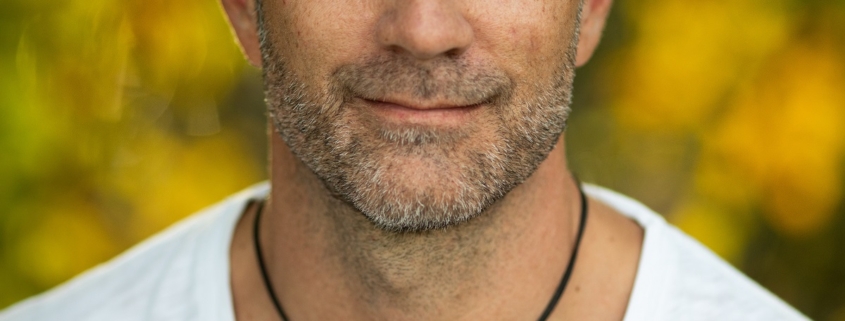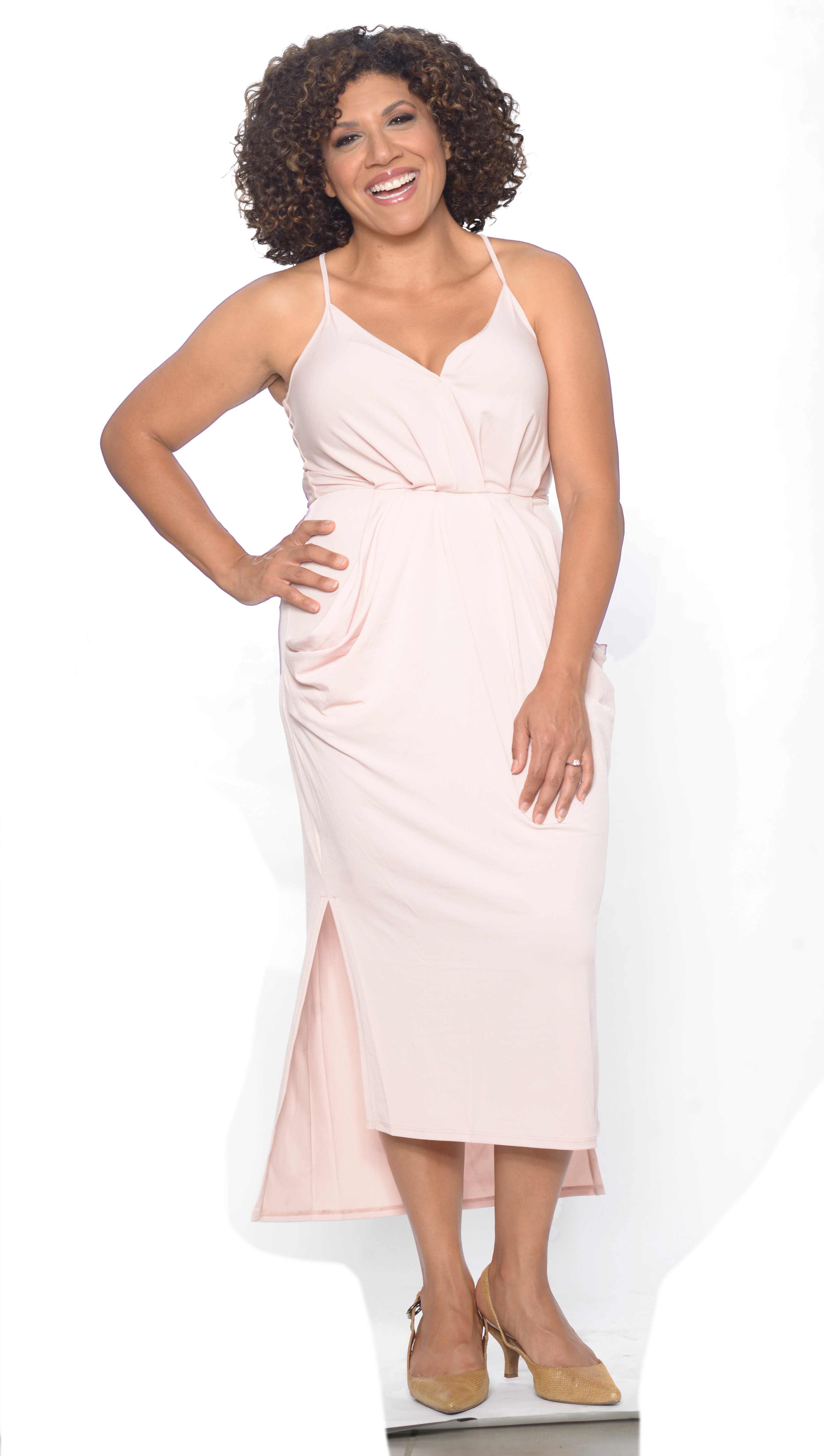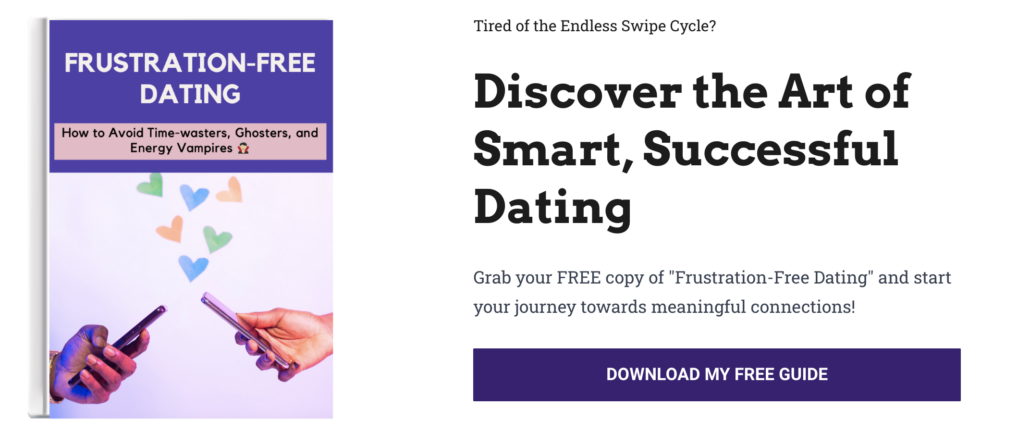Conflict Resolution & Second Date Wait
No matter how amazing any relationship is, there will always be conflict. It’s inevitable. As humans we are going to have differences of opinions, emotions, or beliefs at least occasionally. In the end, it’s how you navigate through the tough times that will ultimately determine the longevity of your relationship.
That’s why Jayson Gaddis, relationship teacher and the host of The Relationship School podcast, is here to share his methods for navigating conflict in dating and relationships.
DATING DISH (1:25)
Will those viral ‘36 questions’ actually lead to love?:
After having been around for years, an article from The Conversation is bringing the 36 Questions of Love back on our radars for discussion. If the 36 Questions don’t ring a bell for you, let us give you a little backstory. These 36 Questions of Love were first published in 1997 as part of scientific research into relationships. But you might actually recognize them from the 2015 New York Times essay written by Mandy Lynn Khatron, To Fall In Love With Anyone, Do This. Originally, there was a researcher named Arthur Aaron who, along with his colleagues, had a group of strangers ask each other a series of questions that became progressively more intimate in context. According to the study’s results, they found that through the gradual increase in disclosure between strangers, they also increased in closeness. And following the study, there were participants who actually fell in love and kept the friendships they’d made. Fast forward to 2015, the NYT essay then asked – if we applied these questions to people looking to fall in love, what would happen? If you ask a stranger these 36 questions, would you know enough about this person to actually fall in love with them?
So what are some examples of the 36 questions? The questions are actually structured into 2 sets which increase in intensity. Set #1 has questions like “what do you feel most grateful for in your life?” Set #2 includes ones like “what’s your most treasured memory?” And Set #3 ends with the hard hitters, like “when did you last cry in front of another person?”
According to The Conversation, the 36 questions don’t lead to love and were never intended to lead to love. But what they DO do, is they help us figure out what is really important to disclose in a relationship. Damona summarizes that you can develop intimacy with a person more quickly through the kinds of questions that you ask. And hopefully, she says, you will not be afraid when you are on a date to get to the heart of what the other person’s values, beliefs, and goals for the future are. “We tend to stay away from conflict when we’re in a new relationship. But it’s so revealing. It can really teach you how you communicate, and it can show you how to be a better listener and to be more authentic in the relationship.” And most of all, as good as it is to be open and vulnerable when getting to know someone, remember that your information needs to be earned.
(P.S. If you want a real blast from the past, check out this show Damona hosted in 2017 called A Question of Love, where the contestants asked similar questions as the 36 Questions of Love to quickly figure out if they were compatible with their partner.)
Ready to test your compatibility and find your match? Let Damona help you redesign your dating profile with the Profile Starter Kit to get you online easily and on to your dating success story. Get yours for free HERE!
JAYSON GADDIS (10:41)
Jayson Gaddis is an author, podcaster, speaker and “personal trainer for relationships”.
Jayson started off as a Licensed Professional Counselor with a private practice, and since then he has founded The Relationship School – a company dedicated to helping people work out their differences to improve their relationships.
Today he hosts The Relationship School podcast where he teaches people how to build street-level relationship skills. His book “Getting to Zero: How to Work Through Conflict in Your High Stakes Relationships” is out now!
(11:26) Getting down to zero:
Since his book completely revolves around the different types of conflict, Damona asks Jayson for his definition of conflict. According to Jayson, conflict = a rupture, a disconnection, or an unresolved issue between two people. His book, Getting to Zero, is targeted toward high stakes relationships, which include family partnerships, business partnerships, every relationship where we have a lot to lose if we can’t resolve the conflict. And the way that we resolve conflict is what Jayson calls “getting to zero.” He evaluates our triggers based on a 1-10 scale, and the further we are from zero, the more activated we are in our nervous system. Meaning, the more we tend to act out and react in ways that aren’t helpful for resolving conflict. “And it’s through that process of getting to zero getting back to a good place, over and over, that builds security in long term relationships.”
Damona wonders what happens when you are consistently at a 9 on the trigger scale at work, and how this can impact our relationships at home. Because let’s face it – we’re all pretty stressed out these days. “If we’re in a good place [with our partner], then no problem. Our partner can help resource us and they can be a safe place for us to vent and get support. But some of us go home to a shitty, crunchy relationship, and then we’re dealing with even more stress… So many of us are living with a lot of chronic, low grade stress, we don’t even notice the water we’re swimming in. Some of us even grew up in households that were at a 4. And that was considered zero. But it’s not good for us. Again, it creates long term health problems, if we’re living in that chronic environment all the time.”
(15:37) Addicted to the drama:
Damona mentions that people can become addicted to the drama of a relationship. So much so, that finally moving into something more secure feels boring, or like there’s something wrong with the relationship. Jayson adds that growing up in hostile or intense environments can add to that level of addiction, because it messes with your hormone release – messy ends up feeling familiar and safe. Jayson recalls working with a client with the same issue, and having to really ask the client to become comfortable with himself, and become more accustomed to his own fears and discomforts. “I was like, ‘Look, do you want a relationship where you have to leave yourself behind in that volatility, to protect yourself? Or would you rather have a relationship where you get to keep yourself, but you might lose the relationship?’ So we’re helping him deepen and enhance his relationship with himself, so that it kind of weeds out the people that try to seduce him into this up and down thing.”
() The 5 most common fights:
In his book, Jayson outlines the five most common types of fights people have. The five are: surface fights, value difference fights, projection fights, resentment fights, and security fights. Surface fights revolve around the little things (i.e. not washing the dishes, leaving dirty clothes on the floor), but are never really about the little things. Surface fights almost always lead into one of the other four types of fights.
A value difference fight is a dealbreaker for some people. Those are the types of agreements such as being pro-vaccine and someone else is anti-vaccine, wanting kids or not, moving to the east coast or west coast – these are very large value differences that are pretty hard to work out. “If we don’t know how to accept each other’s values and work with them in a relationship, we’re going to want the other person to come over to our values. And that alone creates a lot of fighting, tension, and feeling judged and criticized.” Jayson also highlights a value difference that is not commonly talked about, which is being willing to work through conflict. If there is a relationship in which one person wants to go to couples therapy and grow and develop, and the other person believes that there’s nothing to fix, that will create problems. You can’t get to zero with someone who doesn’t want to learn how. Damona adds that being clear on your own values is extremely important, because not knowing just contributes to the conflict and lack of clarity on how to resolve the issue.
Next you have projection fights, which revolve around childhood projections. We tend to find ourselves with people in a long term relationship that remind us of our family of origin, usually our parents or caregivers. And we then project onto them, which will often trigger us. These kinds of fights can be particularly difficult if you don’t realize that you are actively projecting.
Fourth are resentment fights. This is where one partner tries to get the other to change themselves in some way. “If I don’t conform when you want me to change, you’ll resent me. If I do conform when you want me to change, I’ll resent you.” And lastly, you have security fights. According to Jayson’s book, “if any of your four relational needs – feeling safe, feeling seen, feeling soothed, and feeling supported and challenged – is unstable in any way, it will impact your sense of security, and every surface conflict will be more intense because of the unresolved security issue.”
(24:17) Tools for defusing conflict:
When in the middle of conflict, Jayson has a couple of acronyms he shares in his book that will help you move towards resolution. The first is called LUFU, which Jayson describes as being a commitment to listen to the other person until they feel understood – Listen Until you Feel Understood. “In that process there’s eight steps. But the three that matter most to me are I want to take responsibility for anything I did in the listening process. I want to not defend myself, I’m gonna say ‘Yeah, got it, I did that thing.’ So I take ownership. And then I want to empathize. I imagine the impact on you, and it makes sense. That’s the validation part. The last step, ‘it makes sense’ – three words. That’s the easiest way to validate someone. ‘That makes sense that you feel that way, that you feel hurt, that you felt scared, and that you’re upset now.’ I continue to stay in my listening seat until you feel like I’m understanding you. And then eventually, you’re hopefully also going to be generous with me, and you’ll listen to what happened for me.”
Also in Jayson’s repertoire is the acronym SHORE – Speak Honestly and Openly in order to Repair Effectively. “If you take responsibility for what you did or didn’t do, that alone is going to help the other person’s nervous system chill out big time. And a lot of us don’t do that. We speak, we lead with what the other person did wrong, and how we’re right, and how they made us feel. I think it’s just more efficient to lead with, ‘are you open to having a conversation? I just want to say I messed up there. Yep, I did that thing again that really upsets you, and it makes sense you’re upset. I just want to know how you feel.’”
But as many tools as we may acquire, the one thing to have above all is a willingness to be a team player, to make sacrifices, and collaborate with your partner.
(31:14) But what if I can’t get to zero?:
Getting to zero and working through conflict typically requires two people to work together – but what if only one of you is willing to work at it? Jayson states that family is an easy place to identify those kinds of relationships, where certain members may be particularly closed minded or unable to see their own role in a conflict, not to mention where value differences come into play. But luckily, Jayson maintains that you can get to zero on your own (there’s a whole chapter dedicated to this in his book). And sometimes you have to, because the other person will never come to the table. “I don’t want to stay angry at this person my entire life. I just don’t, it’s energy draining. So how can I get to either gratitude or appreciation, or just appreciating myself at the very least, and sort of letting go of that relationship forever?”
You can follow Jayson on Instagram @jaysongaddis, and you can learn more about his school at relationshipschool.com. Plus, be sure to check out his podcast by the same name – The Relationship School.
If you liked what Jayson had to say, check out his book, Getting to Zero, HERE!
DEAR DAMONA (35:32)
Submit your questions on Instagram, Twitter, or Facebook and hear our answers live on the show! Here’s what our listeners asked about this week:
- IG Message from Lisa – Hi Damona! I recently went on a date with a guy and we really seemed to click on the date. The conversation flowed well and we had a lot in common; we even talked about going to the driving range on a second date. I knew he was going out of town for 2 weeks the day after our date for a work trip, but 2 weeks is a long time to wait between the first and second date. We’ve texted a few times about how his trip is going and I’ve asked a few ‘would you rather’ questions. He’s answered all my texts, but isn’t asking me anything back. I’m having a hard time telling if he’s still interested and I’m not sure if my texts are just boring to him. How do I keep the momentum going during these 2 weeks? Should I call or suggest a video date while he’s out of town? Any advice is appreciated. Thank you!
DAMONA’S DEALS
- Get your free Profile Starter Kit at DamonaHoffman.com
- Take control of your mental health with 10% off your first month at Betterhelp.com/datesandmates
- Download the OkCupid app for free today!














